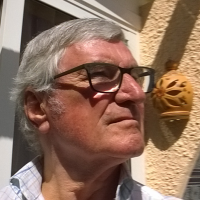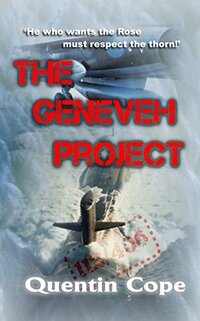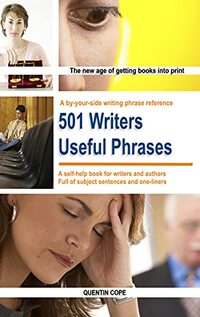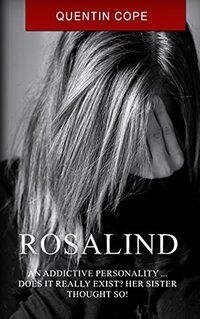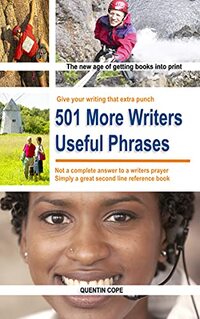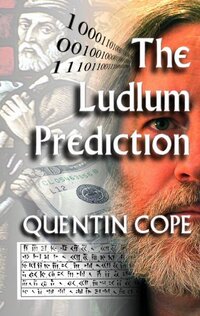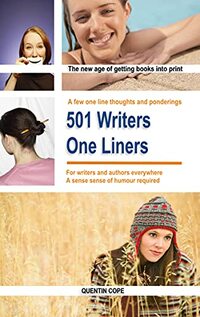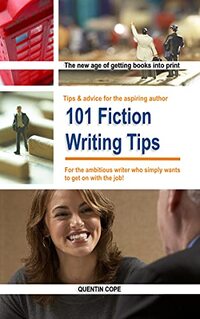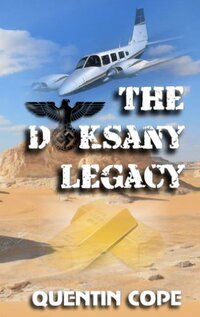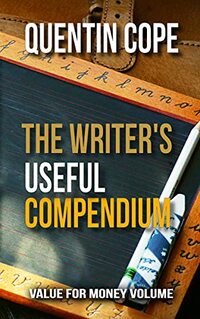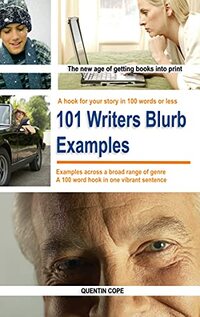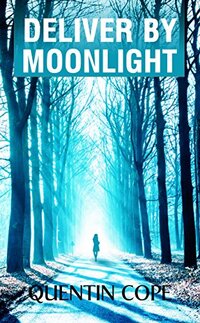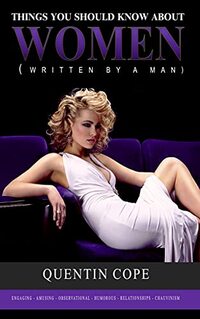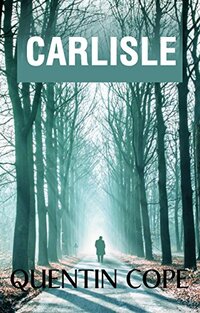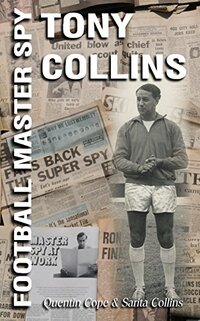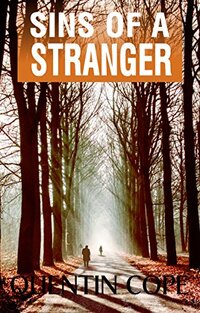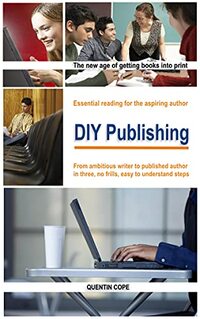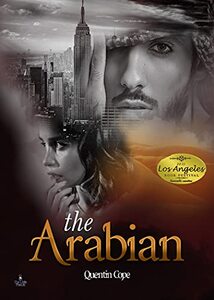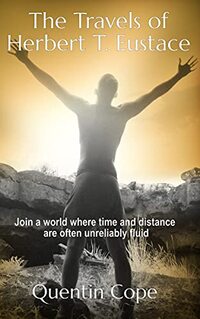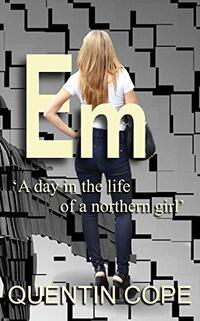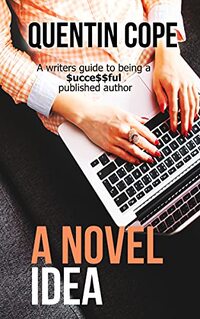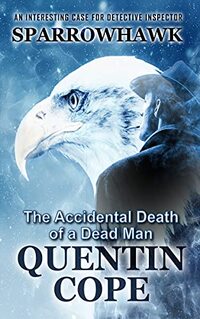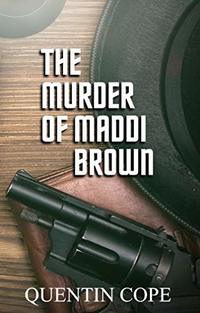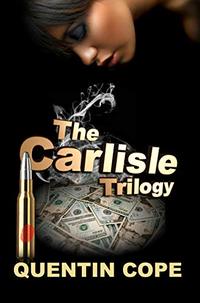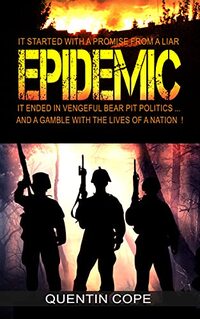Quentin Cope Interview Published on: 20, Apr 2022
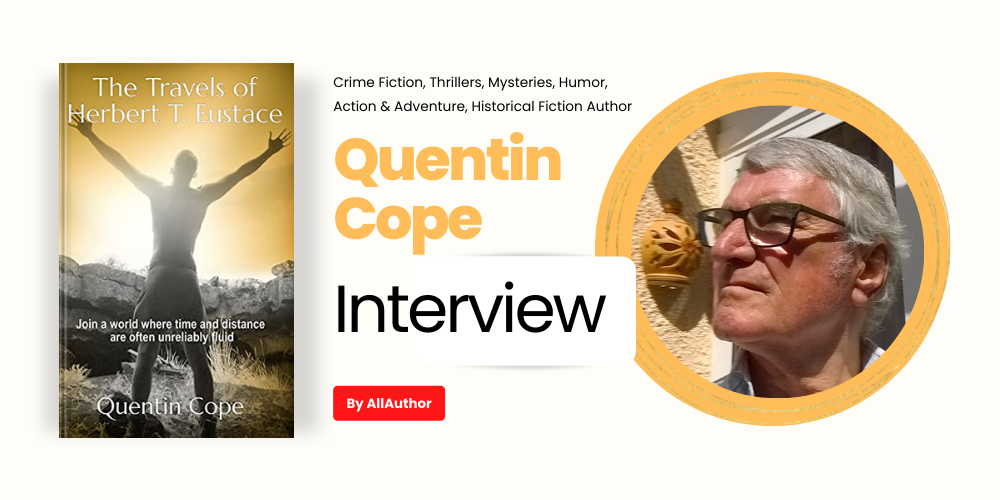 What is your most vivid memory of surviving the Iran-Iraq war of the eighties?
What is your most vivid memory of surviving the Iran-Iraq war of the eighties?
There was a palpable feeling of nervousness amongst the Gulf States throughout the war, with no one wanting to become involved. However, the most vivid memories I have are described in my book ‘The Geneveh Project’. A major part of that story is based upon true events and some of my own, often harrowing, experiences.
Did you always want to be a writer? What was the first story you ever wrote about?Yes, I have always had an ambition to write full time and my first published book ‘Nostradamus – The Last Christmas’ went to press in the early eighties.
What is it about the crime fiction genre that piqued your interest?I consider myself an experimenter with words and genre. As a result I just like a really ‘good’ story and ‘The Murder of Maddi Brown’ for example, is certainly that. It’s a great crime fiction example of un-blinkered determination shown by one detective, with the main story line linked to true events of the day.
What are some things to keep in mind while writing a historical fiction novel?Research is king when writing historical fiction; not only relating to events of the time but people’s attitudes, fashions of the day and especially descriptions of geographical locations. If you make a mistake, your readers will pick up on it … and they are normally not shy about letting you know!
Your thoughts on conventional vs. self-publishing? What route did you choose and why?I have walked both stony paths since becoming a full time writer and have chosen a self publishing route through my own imprint Mecurian Books. Conventional publishing is now such a confusing market place, we see traditional houses buying up vanity publishers and the other way around. Some say that publishers, and quite a few agents, appear to have lost their identity in this increasingly crowded and highly commercial market place. I prefer to be in control of the publishing process, not wait a year for a publication date and not receive a pittance every six months from a publisher who no longer pays any worthwhile advances.
Did you get in touch with any nothern girl while writing your book, "Em: A day in the life of a northern girl"?Yes I did and as I live in this wonderful part of the world as described in ‘Em’, I am very familiar with the situations that Emily often finds herself … some very amusing and some not so!
How supportive and critical is your family when it comes to your writing?My partner is very supportive of my writing. She gives me the time and space I need to keep up with my busy schedule of work which entails not only writing and producing full length novels, but also promoting them.
If you ever get writer’s block, where do you go to overcome it or what activities help you overcome it?I always try to keep two projects on the go at any one time. To be fair, I don’t really suffer from writer’s block, but if a bout of uselessness does overcome me for any reason, I drop the project I’m working on and pick up the other. It always works.
What inspired the story of "The Travels of Herbert T. Eustace"? What was the toughest part about writing this book?This was a new venture tackling a new genre. Fantasy and Dystopia is not within my normal comfort zone, but I did read a couple of chapters of the wonderful ‘Animal Farm’ on line one day … and that set me off. The toughest part was writing dialogue between a human and a dog … and making it sound real.
Do you have a "reader" in mind when you write stories?I do try to write for as broad a readership as possible. The biggest issue for me is ‘am I writing for a European or an American audience?’ because they are both quite different. I write equally strongly for women as I do for men and consider my work to be best suited to an age range of around 30 and upward.
What are some common traps that new authors tend to fall into? Any advice on how to avoid these traps?The biggest trap for a writer is the edit phase. Find yourself a good editor and keep hold of him or her … they are worth their weight in gold! When a new author finishes a manuscript, I always advise the writer to shut it away for a month and then read it again. They will often be amazed at what leaps out of the page. A good command of the language a person writes in is essential to avoid simple spelling and grammar errors.
If you weren't a writer, what would you be doing for a living?I would be flying aircraft, somewhere in Africa … no doubt about it!
If you could describe your journey as a writer in 5 words, what would they be?As I tell writers in my workshops, these are the five words that would sum up what set me on my journey and keeps me on a straight path; Inspiration, Determination, Energy, Ambition and finally Satisfaction (IDEAS). If you don’t find complete ‘Satisfaction’ in your writing, then you are missing one of the other four essentials (IDEA). I also urge writers to bide by only one simple rule; it’s always possible to edit a bad page … but not a blank page!
When can we expect your next book to come out? We're sure your fans are dying to know.I have recently published an Anthology under my pen name A.J. Lot entitled ‘Words’. There is also a new full length novel on the drawing board entitled ‘Allworth Park’. This is an historical drama set in Middle England at the beginning of the 20th Century. Hopefully it will hit Amazon before the end of the year.
How were you introduced to AllAuthor? Has this website met all your expectations?I found AllAuthor during a web search and I am so glad I did. This is a service for writers as well as readers and provides the budding author with a wonderful toolbox. It allows and encourages the new writer, in particular, to take advantage of an excellent suite of Utility Tools, Twitter Management program's and Profile Marketing facilities, including a modern, stylish looking and individual web page. I find it easy to see why AllAuthor is such a popular site for the writing community.
Share Quentin Cope's interview
Quentin Cope always had the ambition to write full-time. He is known for writing 20th Century historical drama with a twist. He has recently published an Anthology under his pen name A.J. Lot entitled ‘Words’. He is passionate about learning and sharing his knowledge with others.
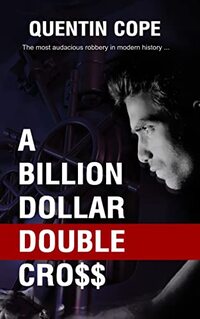 A Billion Dollar Double Cross: The most audacious robbery in modern history
Genre: Crime Fiction, Thriller, Action & Adventure
A Billion Dollar Double Cross: The most audacious robbery in modern history
Genre: Crime Fiction, Thriller, Action & Adventure
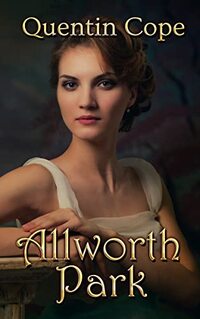 Allworth Park: Somewhere in time, between Downton and Sanditon, lays the Historical Drama that is Allworth Park.
Genre: Historical Romance, Historical Fiction, Women's Fiction
Allworth Park: Somewhere in time, between Downton and Sanditon, lays the Historical Drama that is Allworth Park.
Genre: Historical Romance, Historical Fiction, Women's Fiction
